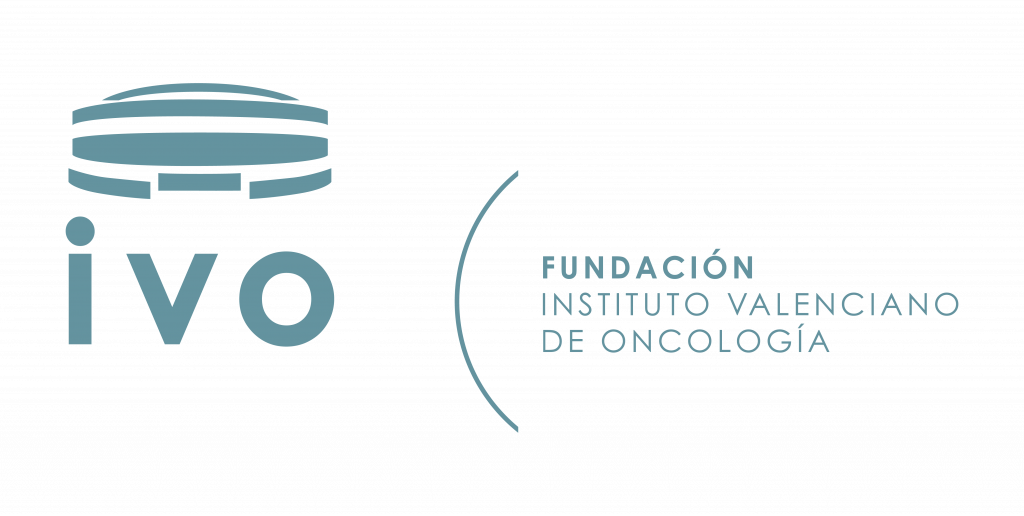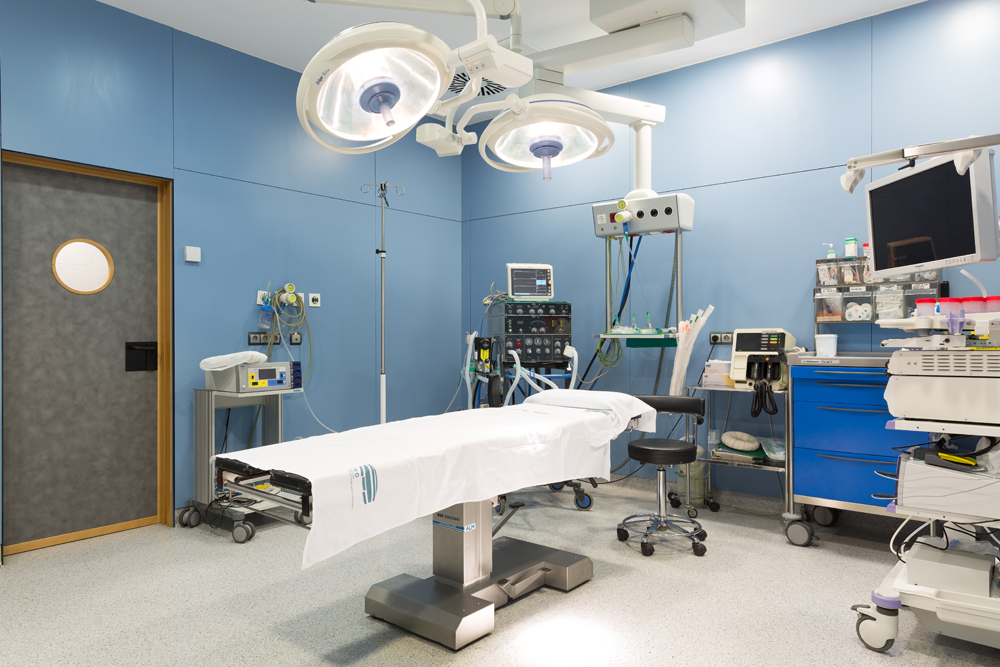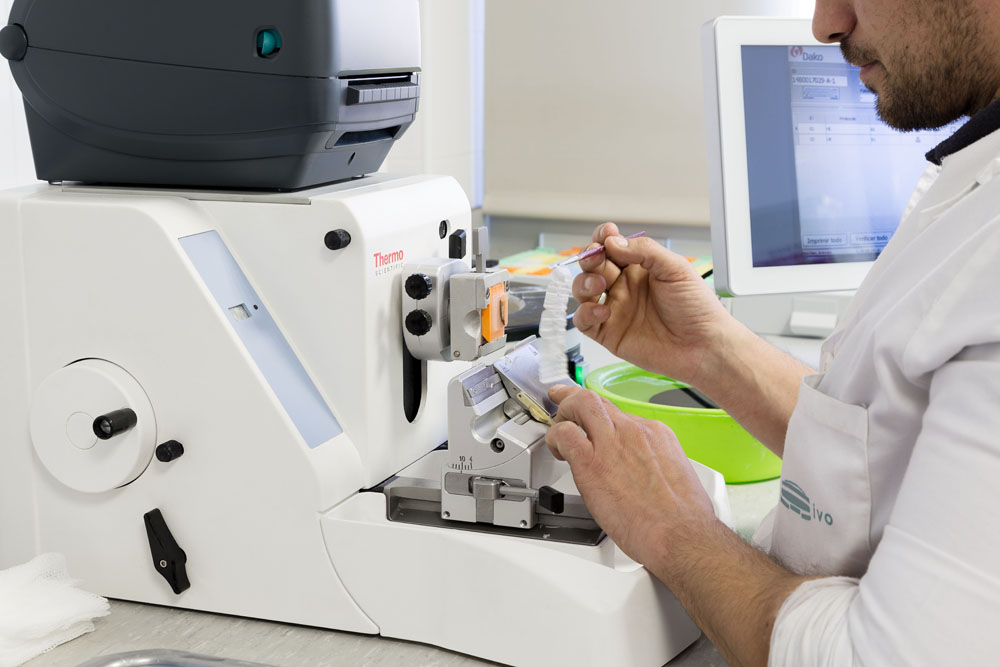Local growth can occur in two ways: either contiguously within the stomach towards the oesophagus and into the duodenum, or deep within the stomach. Once through the full thickness of the stomach wall, the tumour may invade other nearby organs such as the liver, gallbladder, pancreas, colon, right kidney, etc.
The stomach has a rich network of lymphatic vessels that allow lymph to drain into multiple lymph node regions. The way it spreads through this route is predictable, first affecting the nearest lymph nodes and then those further away. There is an extensive network of perigastric lymph nodes.
This disease is spread through the blood vessels, particularly to the liver, lungs and bones.
It is common in abdominal tumours due to the implantation of tumour cells in the peritoneum (the membrane that lines the abdominal cavity and envelops the viscera). These cells grow on the peritoneum, creating nodules of varying sizes (from millimetres to several centimetres). In this scenario, what is called “peritoneal carcinomatosis” is present.
In women, this route of dissemination can lead to tumour invasion in the female genital tract, especially in the ovaries.







